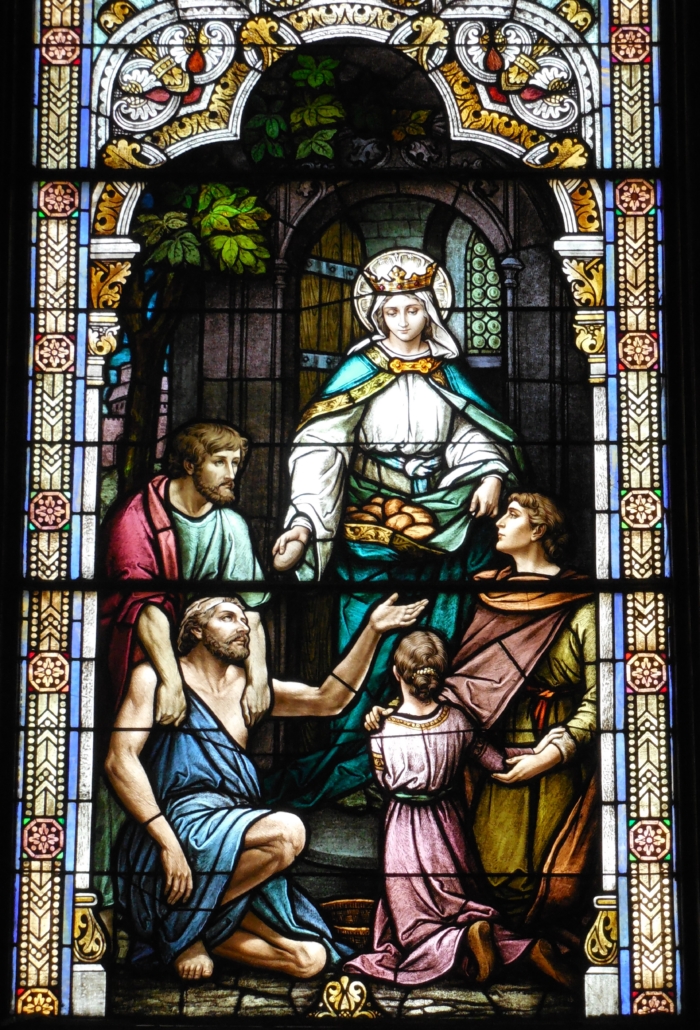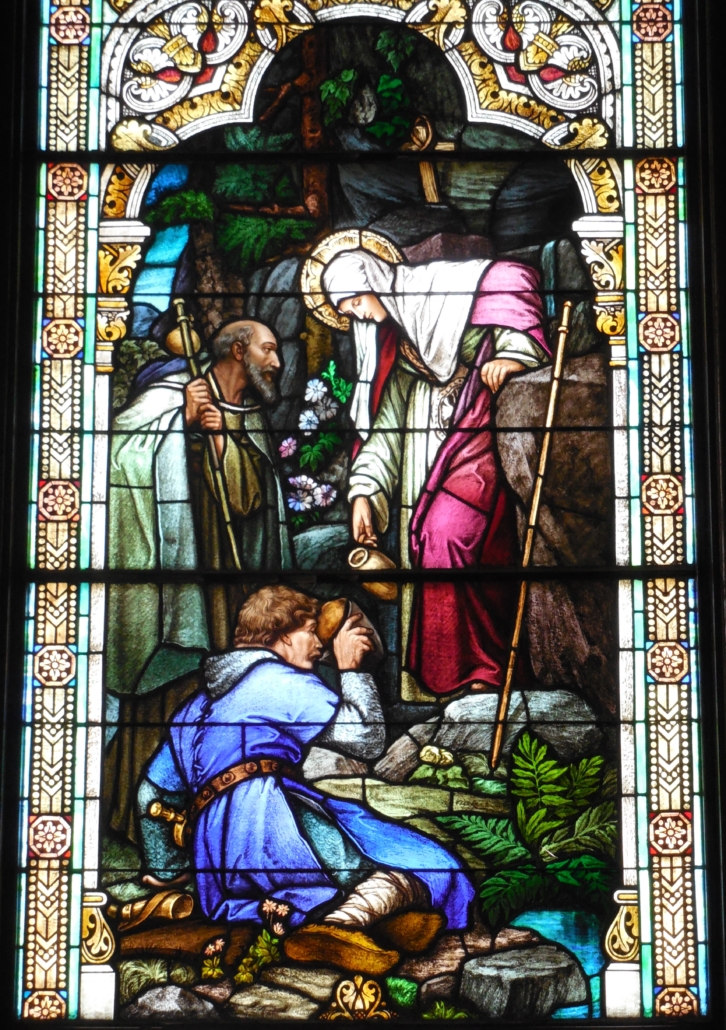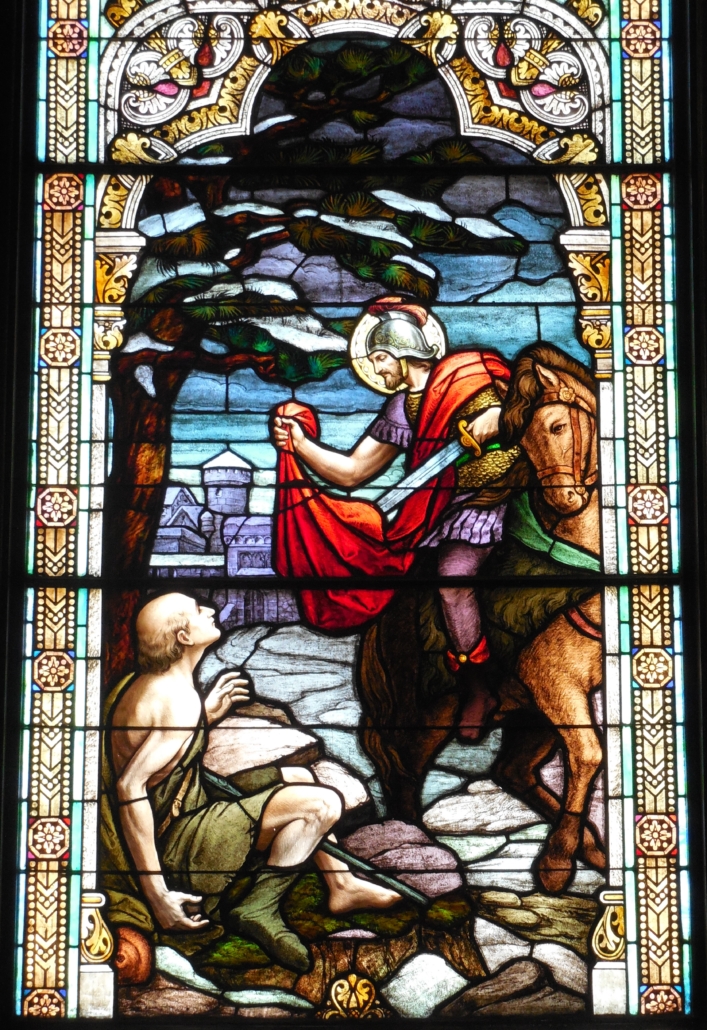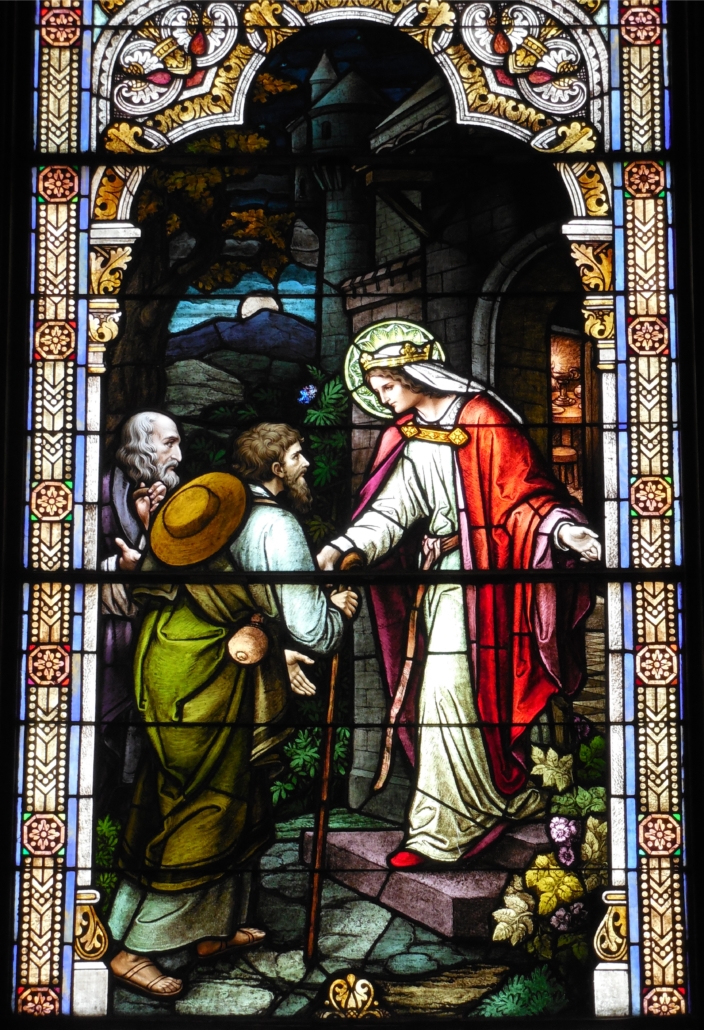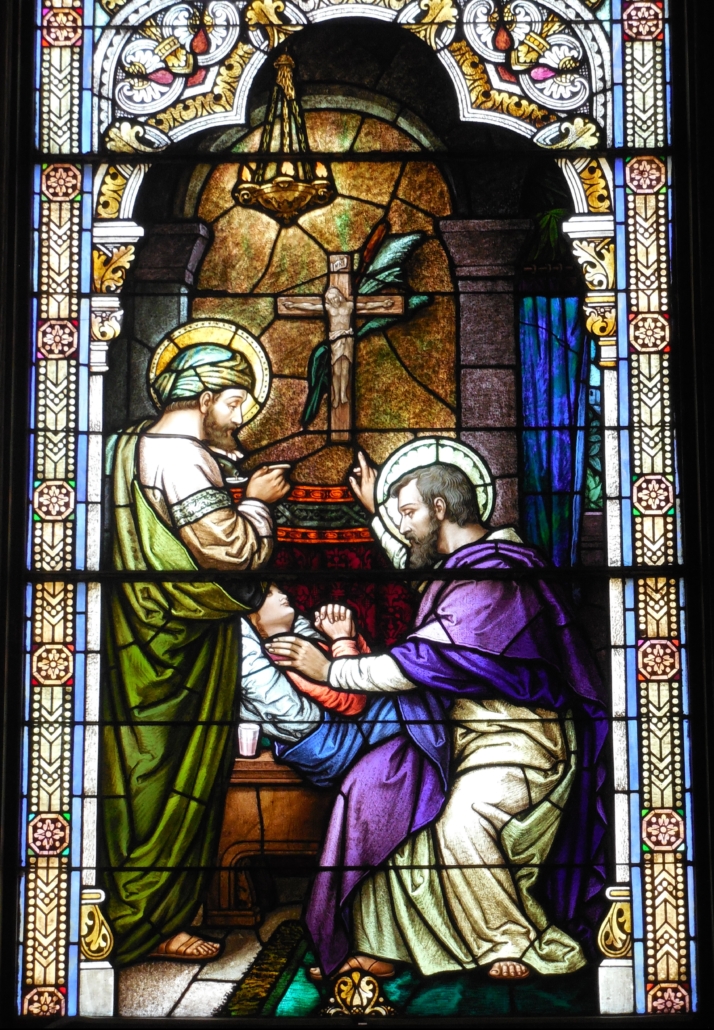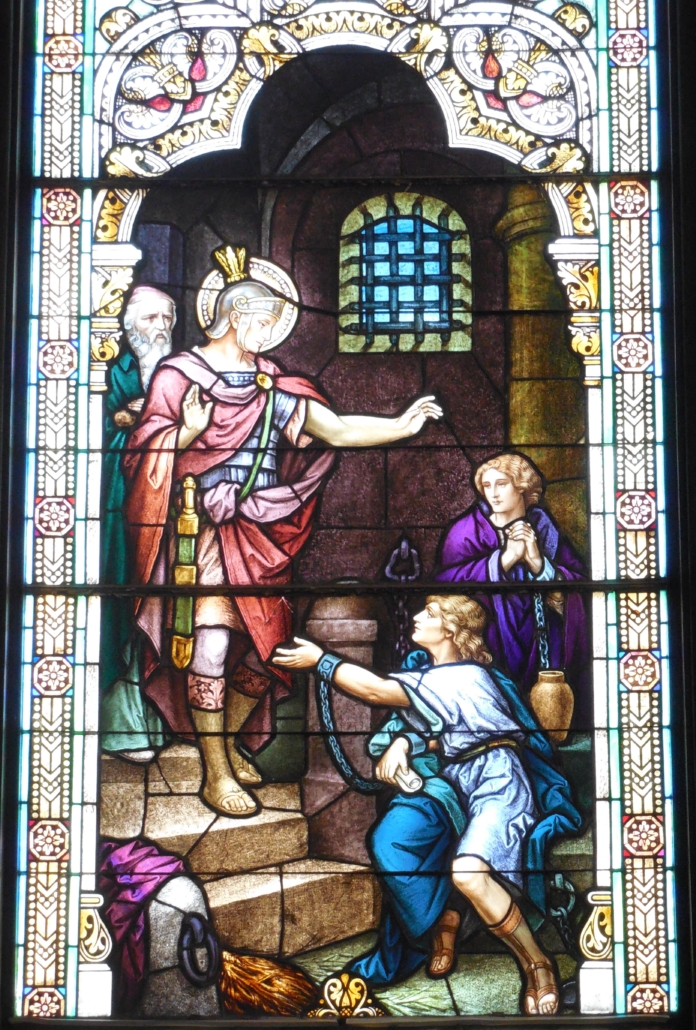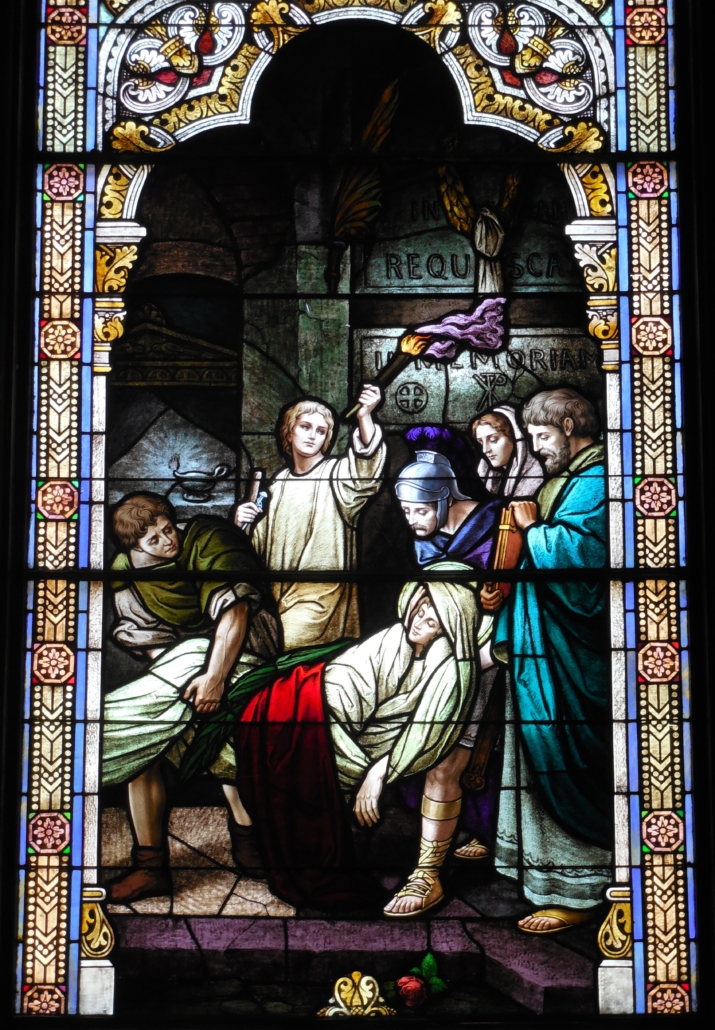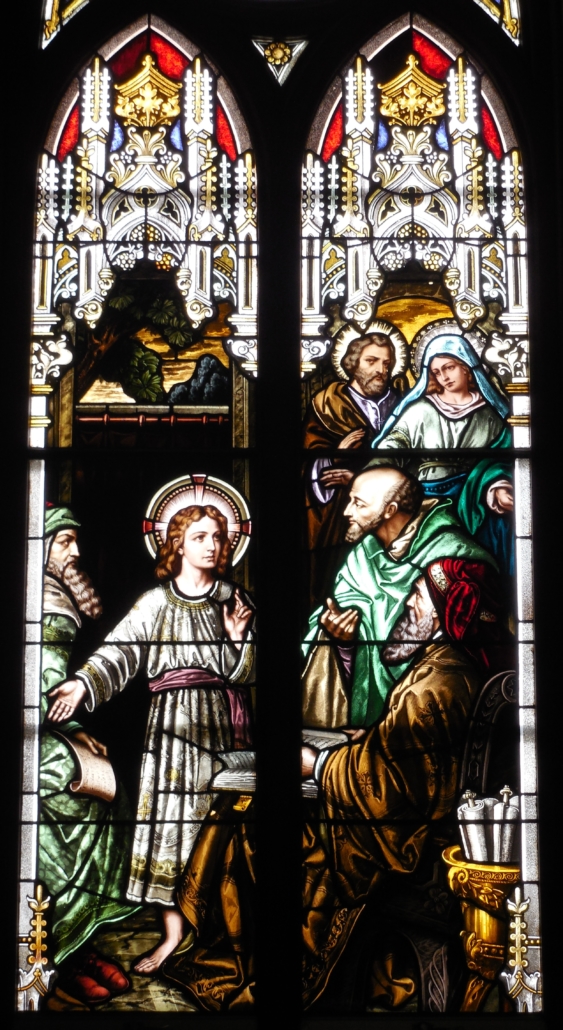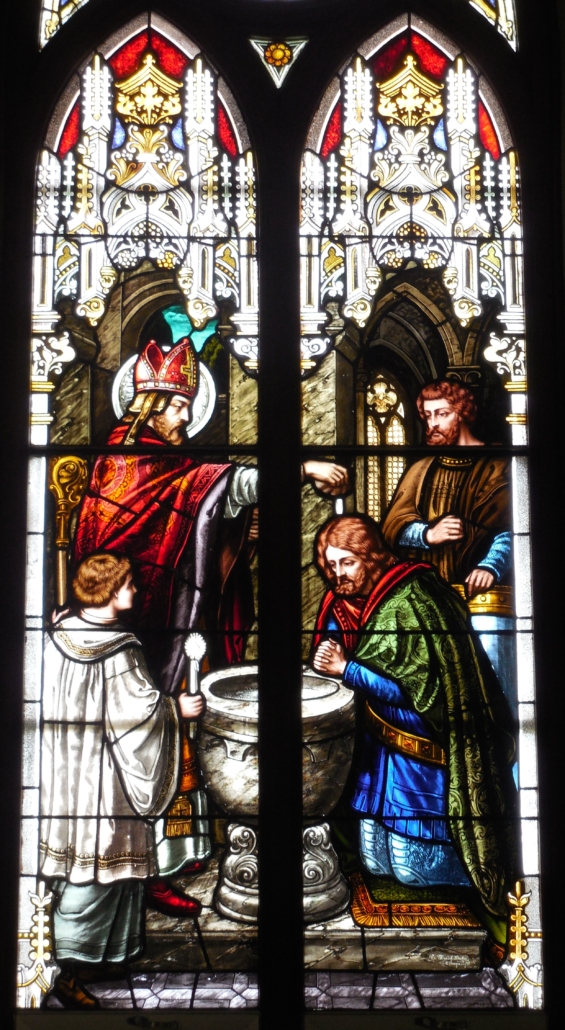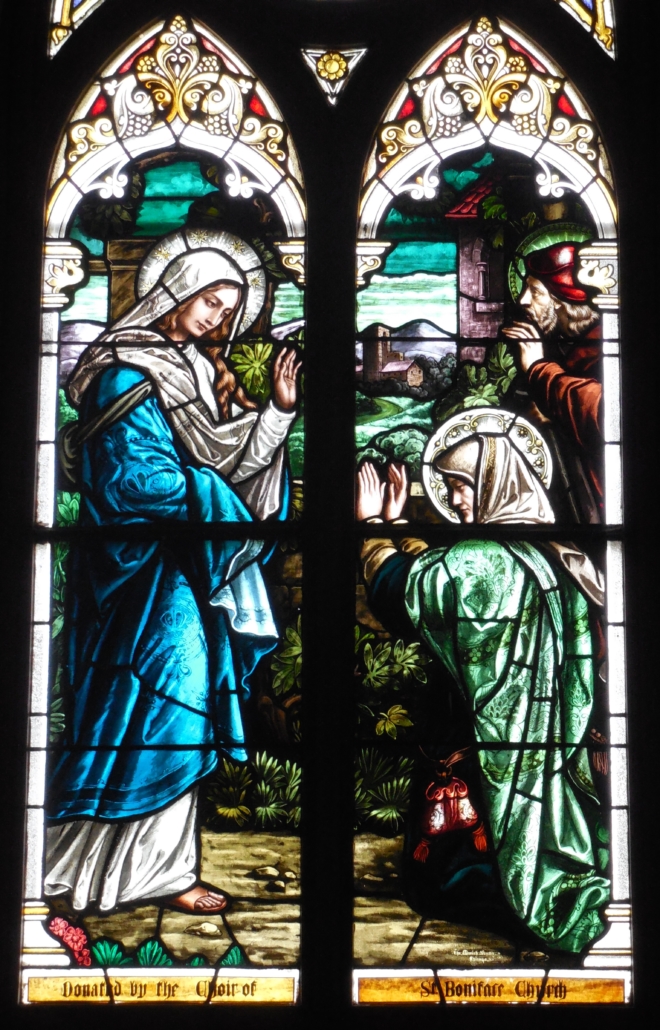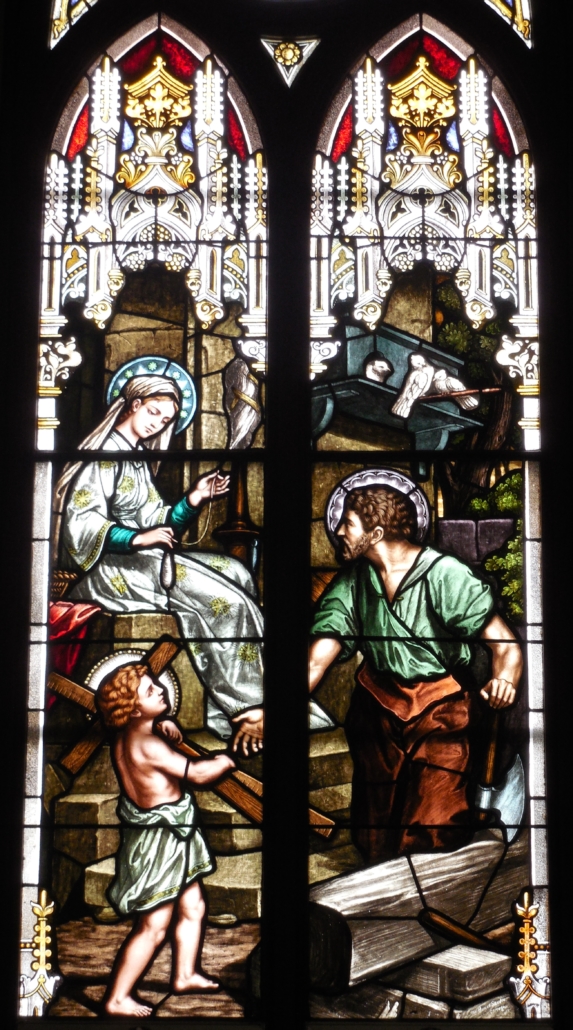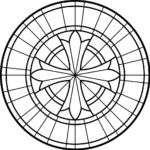Works of Mercy
Corporal and Spiritual Works of Mercy
On the first day of Lent, Ash Wednesday, Jesus tells us in the gospel three things we can do to return to him with our whole hearts: prayer, fasting, and almsgiving (Matthew 6:1-6, 16-18). Prayer means spending time talking with God, praising him, thanking him, coming to him with our needs. Fasting means giving up something as a way to make room for God. Almsgiving means doing good acts. There are many good deeds that we can do, but the Church has given a list of specific ones – the corporal and spiritual works or mercy. When Jesus talks about doing good deeds or almsgiving, he is talking about the works of mercy. In fact some saints, like St. Thomas Aquinas, when they write about the works of mercy they call them almsgiving.
There are 7 corporal works and 7 spiritual works. This is because we are both body and spiritual soul. We have needs of the body (corporal works) and needs of the soul (spiritual works). “The works of mercy are charitable actions by which we come to the aid of our neighbor in his spiritual and bodily necessities” (CCC 2447)
Corporal Works of Mercy
Spiritual Works of Mercy
Homilies on the Works of Mercy
Click above to listen to past homilies given by Father Vogel on the Works of Mercy. Once on his YouTube page, click on the upper left corner of the video to choose from a playlist of all homilies on the Works of Mercy.
Needs of the Body: The Corporal Works of Mercy
Our bodies have two internal needs for food and water, thus feeding the hungry and giving drink to the thirsty. Our bodies have two external needs for clothing and shelter, thus clothing the naked and sheltering the homeless. Our bodies have a special internal need when sick, thus visiting the sick. Our bodies have a special external need when imprisoned, thus ransoming the captive. Our bodies after death are to be treated with respect, thus burying the dead.

